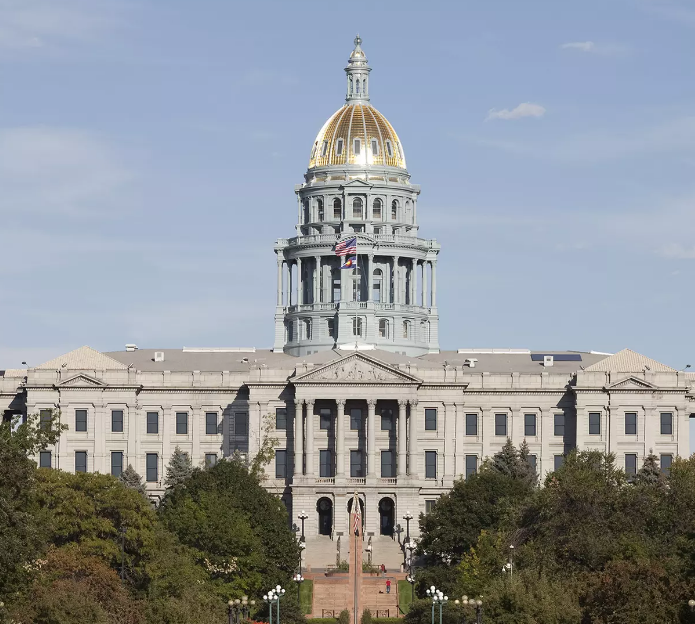
- Details
- By Native News Online Staff
The Colorado Bureau of Investigation (CBI) announced it will launch Missing Indigenous Person Alert (MIPA) on Friday, December 30, 2022. The new system provides the CBI to send an alert when an Indigenous person is reported missing in the state of Colorado.
The launch is in response to a Colorado Senate bill (SB 22-150) that expands the investigation of missing and murdered Indigenous relative cases.
The requirements of the new MIPA are as follows:
- The CBI will be responsible for the issuance of all Alerts at the request of local law enforcement through its existing alerting system.
- The criteria includes the following:
- The missing person must have an active entry in CCIC/NCIC.
- The person must be Indigenous. (The CBI will accept whatever information can reasonably be provided.)
- There must be enough information available to believe that the issuance of an alert will aid in the recovery of the missing person.
- The request for an alert must come from law enforcement.
The legislation also requires a law enforcement agency that receives a report of a missing Indigenous person to notify the CBI within eight hours of a report of a missing adult or within two hours of a report of a missing child.
Note: If the incident involves an abducted Indigenous child a statewide AMBER Alert will be issued if the alert criteria is met. Alerts activated by the CBI are only active in the state of Colorado. If information suggests the missing person is no longer in Colorado an alert will not be activated. However, the CBI can work to communicate with other states as necessary and as requested by local law enforcement in such cases.
Once a MIPA is activated, Colorado law enforcement will be notified electronically, while the media, stakeholders, and others may distribute the information via email and text to its current list of alert subscribers.
To receive alert notifications please email: [email protected]
Colorado joins the state of Washington in offering an alert for missing Indigenous persons for law enforcement to access.
More Stories Like This
Native News Weekly (August 25, 2024): D.C. BriefsScope Narrowed, Report Withheld: Questions Mount Over Michigan Boarding School Study
Zuni Youth Enrichment Project Announces Family Engagement Night and Spring Break Youth Programming
Next on Native Bidaské: Leonard Peltier Reflects on His First Year After Prison
Deb Haaland Rolls Out Affordability Agenda in Albuquerque
Help us defend tribal sovereignty.
At Native News Online, our mission is rooted in telling the stories that strengthen sovereignty and uplift Indigenous voices — not just at year’s end, but every single day.
Because of your generosity last year, we were able to keep our reporters on the ground in tribal communities, at national gatherings and in the halls of Congress — covering the issues that matter most to Indian Country: sovereignty, culture, education, health and economic opportunity.
That support sustained us through a tough year in 2025. Now, as we look to the year ahead, we need your help right now to ensure warrior journalism remains strong — reporting that defends tribal sovereignty, amplifies Native truth, and holds power accountable.
 The stakes couldn't be higher. Your support keeps Native voices heard, Native stories told and Native sovereignty defended.
The stakes couldn't be higher. Your support keeps Native voices heard, Native stories told and Native sovereignty defended.
Stand with Warrior Journalism today.
Levi Rickert (Potawatomi), Editor & Publisher

